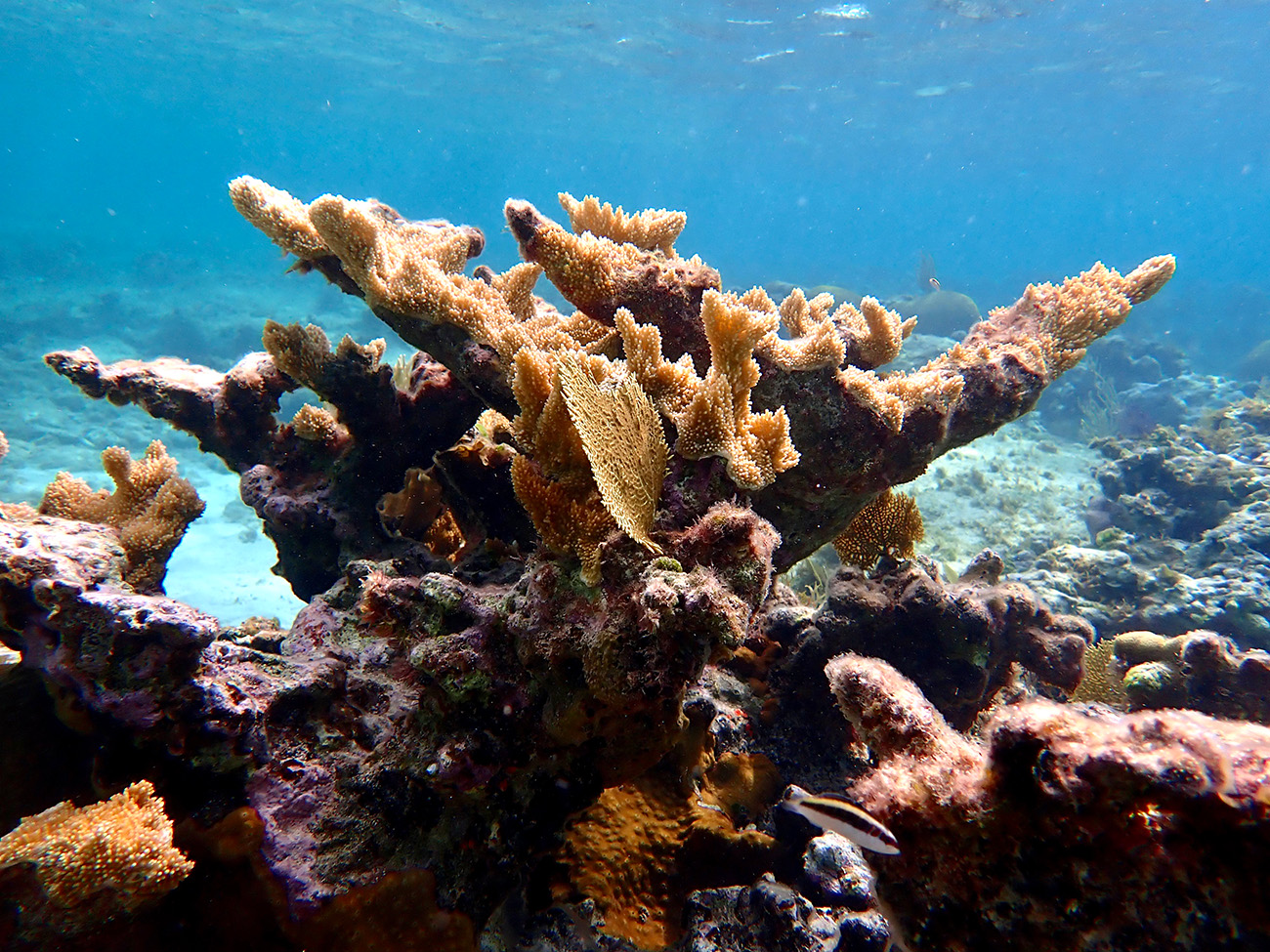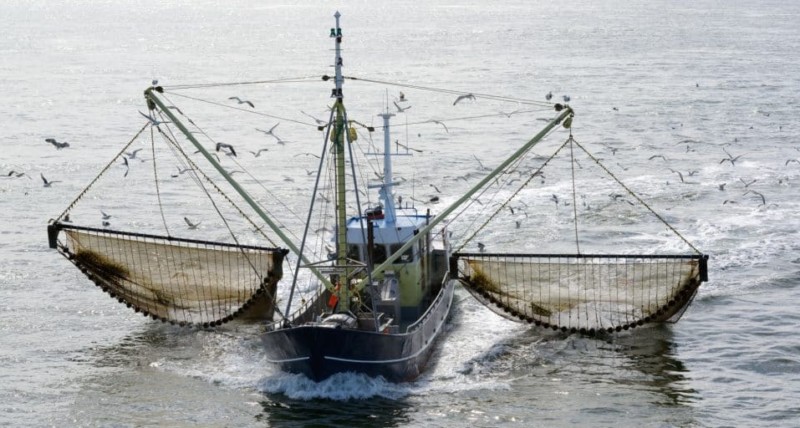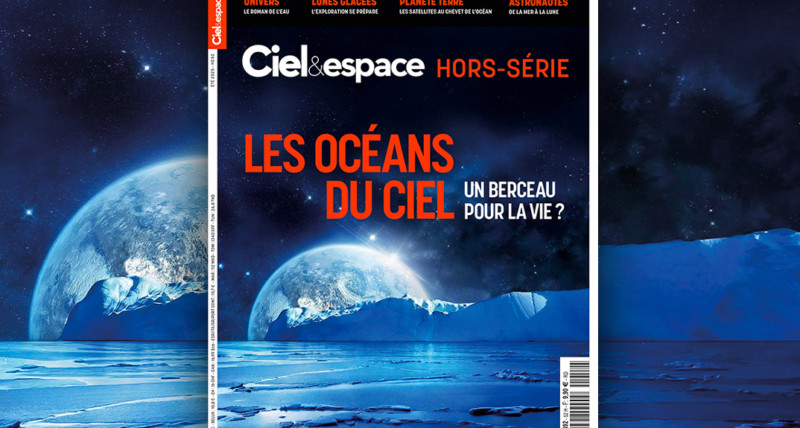Baku, Azerbaijan, November 13, 2024 (IUCN) – Forty-four percent of reef-building coral species worldwide are threatened with extinction, according to the IUCN Red List of Threatened Species™. This was revealed in a global assessment presented today at the United Nations Climate Change Conference, COP29, currently taking place in Azerbaijan.
The conservation status of 892 species of warm-water reef-building corals has now been reassessed for the IUCN Red List, and the analysis reveals that 44% of them are threatened with extinction. The threats to reef-building corals were last assessed for the IUCN Red List in 2008, at which time one-third of these species were already considered threatened.
« While global leaders are meeting in Baku for the United Nations Climate Conference, this global assessment highlights the effects of rapid climate change on life on Earth, and the severity of the consequences, » said Dr. Grethel Aguilar, Director General of IUCN. « Healthy ecosystems like coral reefs are crucial for human existence—they provide food, stabilize coastlines, and store carbon. Protecting our biodiversity is not only vital for our well-being but crucial for our survival. Climate change remains the primary threat to reef-building corals, devastating the natural systems we depend on. We must take ambitious and decisive actions to reduce greenhouse gas emissions if we want to ensure a sustainable future for humanity. »
Climate change is the main threat to reef-building coral species. The assessments considered current and future threats, such as the anticipated increase in warming events and bleaching events, based on future warming scenarios from the Intergovernmental Panel on Climate Change (IPCC). In addition to climate change and the severe bleaching events associated with it, corals are also affected by more localized threats, including pollution, agricultural runoff, diseases, and unsustainable fishing practices.
For example, the staghorn coral (Acropora cervicornis) and elkhorn coral (Acropora palmata), two critically endangered species in the Caribbean, have seen significant declines due to increased warming and water pollution, as well as the severe impacts of white band disease.
« We must significantly reduce greenhouse gas emissions and take action to address local threats if we want to give coral reefs a chance to survive, » said Beth Polidoro, Coordinator of the IUCN Red List Authority on corals and Associate Professor, School of Mathematical and Natural Sciences at Arizona State University. « By acting now, we can slow the rate of ocean warming and expand the window of opportunity for corals to adapt and potentially survive long-term. It’s not just about preserving the spectacular beauty of coral reefs. Coral ecosystems also support coastal fishing communities, stabilize coastlines and coastal habitats, and help remove carbon from the ocean, among other benefits. »
The primary solution to saving corals from extinction is reducing greenhouse gas emissions, accompanied by measures to address local threats that also help strengthen the species’ resilience. The authors of the assessment also recommend further research to determine whether and how corals can adapt to warmer waters, as evidence of such adaptation remains limited so far.
« We’ve known for decades that coral reefs are on the frontlines of the global climate and biodiversity crises, and this new result just confirms that, » said Dr. David Obura, Co-Chair of the IUCN SSC Coral Specialist Group. « Without relevant decisions from those in power to change this trajectory, we will witness further loss of reefs and the progressive disappearance of coral species on an increasingly large scale. »
The majority of coral species are found in the Indo-Pacific region. Within this region, the South and Southeast Asia area has the largest number of threatened species (266), followed by Oceania, East Asia, and Western and Central Asia.
The global coral assessment also includes 85 Atlantic species, highlighted in an article published today in PLOS ONE. Atlantic coral species are particularly threatened by annual severe bleaching events, pollution, and disease impacts.
The global assessment presented today covers all reef-building corals, typically found in warm, photosynthetic habitats forming colorful reefs in tropical and subtropical oceanic areas. Assessments of cold-water corals, found in colder, deeper waters worldwide and not dependent on sunlight, are also ongoing. Twenty-two species of cold-water corals have already been assessed to date out of a total of over 4,000. The main threats affecting these species include certain fishing activities, particularly bottom trawling, deep-sea mining, oil and gas drilling, or the laying of underwater cables. The deep-water coral Desmophyllum pertusum, assessed as Vulnerable, is one such example. Future ocean acidification and warming due to climate change also pose a threat.
« Marine species are threatened by climate change and human activities, but the impacts are not always visible. The status of corals underscores this and also shows how important it is to expand the Red List to include even more ocean species, » said Professor Julia Sigwart, Head of Malacology at the Senckenberg Research Institute and Museum, a Red List Partner.
Formed over hundreds of years, coral reefs are the most biodiverse marine ecosystems. Climate change is causing sea temperatures to rise and more intense solar radiation, leading to coral bleaching and diseases that often result in mass coral mortality events. Reef-building corals have a symbiotic relationship with algae called zooxanthellae, which give corals their vibrant colors. Coral bleaching is a stress reaction to increased water temperatures, by which the algae are expelled from the coral tissues.
Reference quotes: « This global coral assessment sounds the alarm for urgent collective action to halt the decline of coral reefs worldwide. The MSC Foundation is proud to partner with the IUCN Coral Red List team, who have done exceptional work in gathering the most reliable data to assess and report the status of reef-building corals globally, » said Daniela Picco, Executive Director of the MSC Foundation. « The IUCN Red List guides our Foundation in making science-based philanthropic decisions for sustainable, high-impact conservation efforts that contribute to the preservation of our blue planet. It will continue to be a vital resource for our family foundation for generations. »
« The latest global assessment brings troubling news for corals, with more than 340 species currently considered threatened with extinction. Much remains to be done to secure the future of these species and the vital reefs they build. A world without functional coral reefs would be a sad reality, underscoring the urgent need to find solutions to the climate crisis while addressing the ongoing coral crisis, » said Professor David Smith, Chief Scientific Advisor for the MSC Foundation. « The IUCN report highlights two key coral species at the heart of our collaborative research focused on identifying resilient coral genotypes to enhance the effectiveness and, in turn, the success of restoration efforts aimed at rebuilding critical coral ecosystems. »
Funding was also received from National Geographic and Eurofins, with co-funding from partners such as CORDIO East Africa, Arizona State University, and ZSL, among others.
On the occasion of the 60th anniversary of the Red List, IUCN and Red List Partners launched a global social media campaign to raise awareness and mobilize funds to accelerate species assessments and reassessments. This campaign will culminate at the IUCN World Conservation Congress in Abu Dhabi, October 2025. Learn more about the campaign.
The Global Coral Assessment was conducted by the IUCN SSC Coral Specialist Group, in collaboration with other Red List Partners, including Arizona State University and Senckenberg, as well as the Marine Biodiversity Assessment Unit of Old Dominion University. More than 160 experts from around the world have participated in the Global Coral Assessment over the last decade.
Source: IUCN




